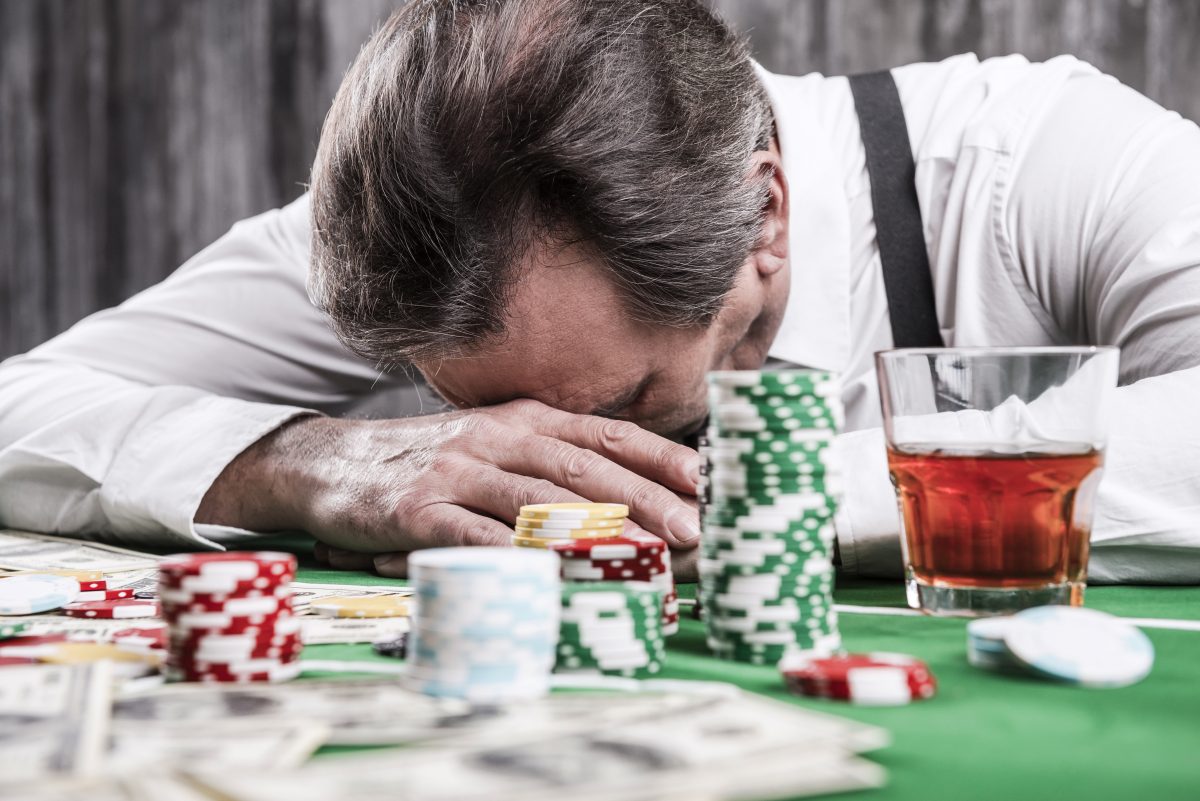Gambling has been a part of human culture for centuries, with people from all walks of life drawn to the thrill of risking money in the hope of winning more. While some may view gambling as a form of entertainment or leisure activity, others may struggle with gambling addiction and its associated consequences. The psychology of gambling explores the complex motivations and behaviors that drive people to gamble, as well as the psychological factors that contribute to both the allure and risks of gambling. In this article, we will delve into the psychology of gambling, examining the reasons why people engage in this activity and the underlying psychological mechanisms at play.
The Appeal of Gambling
1. Thrill and Excitement
One of the primary reasons people are drawn to gambling is the thrill and excitement it provides. The anticipation of potentially winning a large sum of money creates a rush of adrenaline and dopamine, neurotransmitters associated with pleasure and reward. The thrill of placing a bet and waiting for the outcome can be addictive, leading players to seek out the excitement of gambling again and again.
2. Escape and Entertainment
For some, gambling serves as a form of escapism from the stresses and pressures of everyday life. It offers a temporary reprieve from worries and anxieties, allowing individuals to immerse themselves in the excitement of the game and momentarily forget their troubles. Additionally, gambling can be a form of entertainment, providing social interaction and camaraderie with other players in a casino setting.
3. Socialization and Social Status

Gambling is often a social activity, with people gathering to play games together and share in the experience. Whether it’s playing poker with friends or participating in a game of bingo at a local community center, gambling can foster social connections and strengthen interpersonal relationships. Furthermore, for some individuals, success in gambling can confer a sense of social status or achievement, enhancing their self-esteem and perceived social standing.
Psychological Factors Contributing to Gambling Behavior
1. Risk and Uncertainty
The element of risk and uncertainty is central to gambling and contributes to its appeal. The prospect of winning or losing money based on chance adds an element of excitement and unpredictability to the game. Research has shown that the brain’s reward system is activated when faced with uncertain outcomes, leading to heightened arousal and motivation to engage in risky behaviors such as gambling.
2. Cognitive Biases and Illusions of Control
Cognitive biases and illusions of control play a significant role in gambling behavior. These biases, such as the gambler’s fallacy and the illusion of control, lead individuals to believe that they can influence or predict the outcome of a game through their actions or strategies, despite the outcome being determined by chance. These false beliefs can fuel excessive gambling and lead to financial losses as players chase the illusion of control.
3. Reinforcement and Conditioning
The principles of reinforcement and conditioning also contribute to gambling behavior. Winning a bet or receiving a payout acts as positive reinforcement, strengthening the association between gambling and reward in the player’s mind. Over time, this reinforcement can lead to the development of conditioned responses, where the anticipation of winning triggers the urge to gamble, even in the absence of external rewards.
The Dark Side of Gambling: Addiction and Compulsive Behavior
While gambling can be a source of entertainment and excitement for many, it can also lead to negative consequences for some individuals. Gambling addiction, also known as pathological gambling or compulsive gambling, is a serious psychological disorder characterized by persistent and uncontrollable urges to gamble, despite negative consequences.
1. Dopamine Dysregulation

Research has shown that gambling addiction is associated with dysregulation of the brain’s dopamine system, which plays a central role in the brain’s reward pathway. Chronic gambling activates the brain’s reward system, leading to changes in dopamine levels and neurotransmitter signaling. These neurochemical changes can reinforce addictive behaviors and contribute to the development of gambling addiction.
2. Psychological Distress
Gambling addiction often co-occurs with psychological distress, such as depression, anxiety, and substance abuse. Individuals may turn to gambling as a way to cope with negative emotions or alleviate stress, only to find themselves trapped in a cycle of addiction and escalating losses. The shame and guilt associated with gambling addiction can further exacerbate psychological distress, leading to a downward spiral of self-destructive behavior.
3. Financial Consequences
One of the most significant consequences of gambling addiction is the financial toll it can take on individuals and their families. Compulsive gamblers may spend exorbitant amounts of money on gambling, draining their savings, accumulating debt, and jeopardizing their financial security. Financial problems resulting from gambling addiction can lead to bankruptcy, foreclosure, and other serious financial hardships.
The psychology of gambling is a complex and multifaceted subject, encompassing a wide range of motivations, behaviors, and consequences. While gambling can offer excitement, socialization, and entertainment for many people, it can also lead to addiction, financial ruin, and psychological distress for others. Understanding the psychological factors that drive gambling behavior is essential for promoting responsible gambling practices and mitigating the risks of addiction and harm. By recognizing the allure and risks of gambling, individuals can make informed decisions about their participation in gambling activities and seek help if they experience problems related to gambling addiction. Additionally, policymakers, regulators, and industry stakeholders have a role to play in implementing measures to protect vulnerable individuals and promote responsible gambling practices in society.


